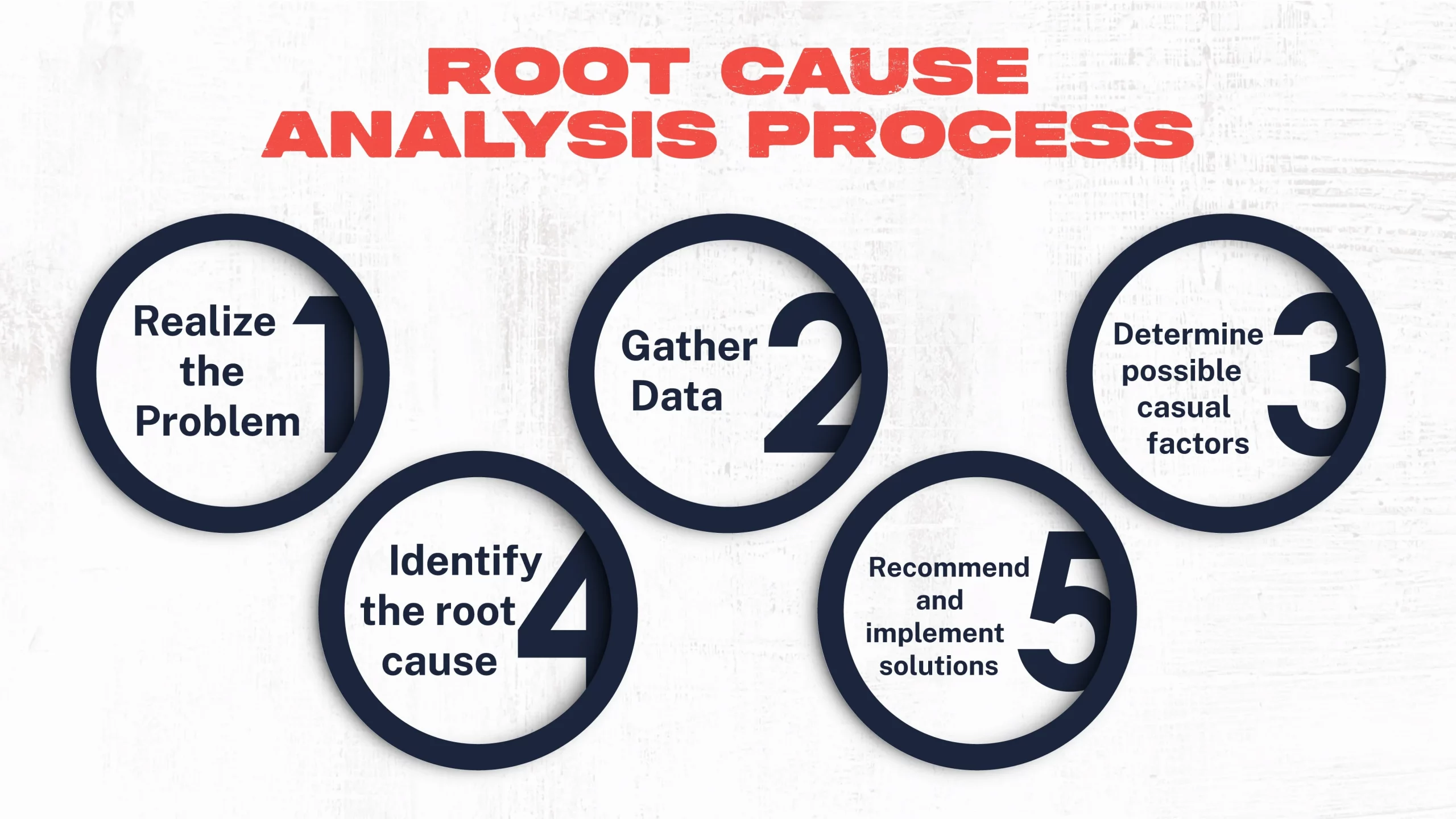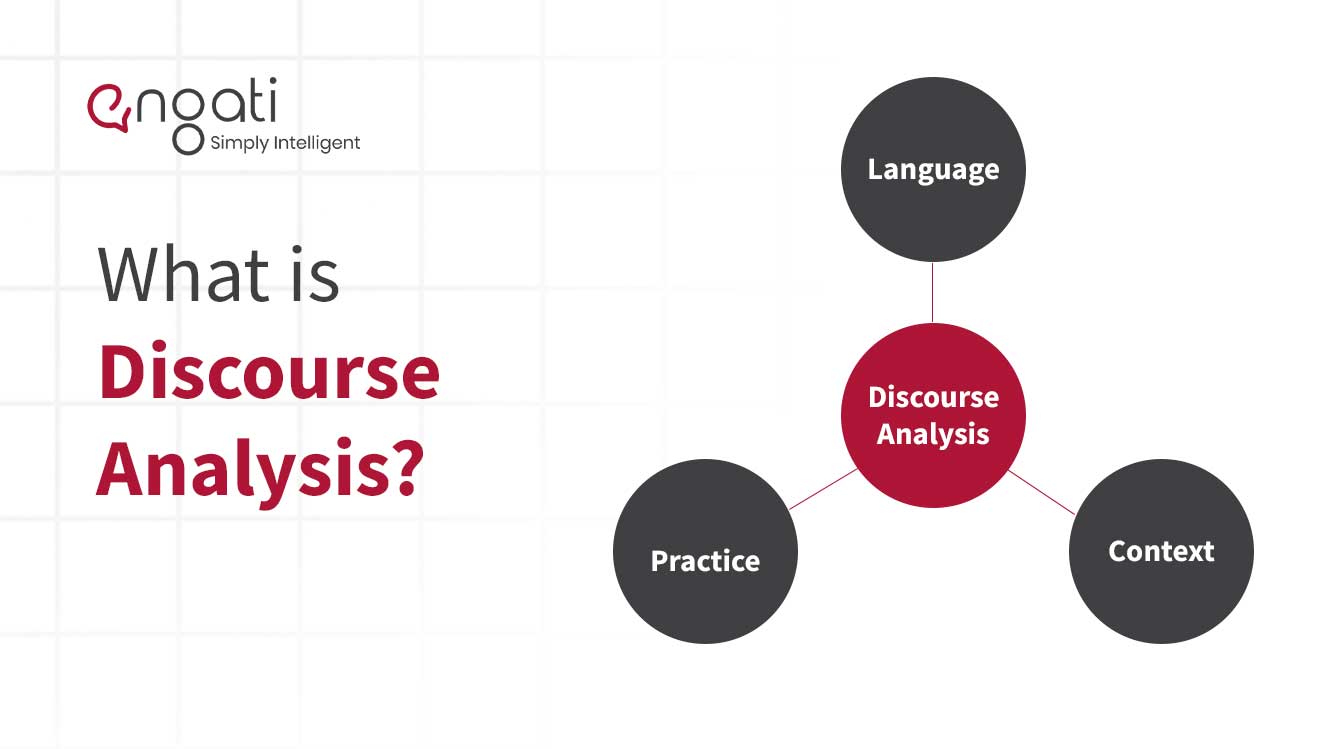Introduction
RCA (Root Cause Analysis) is a code-based structured approach for identifying the underlying causes of a problem or failure. RCA goes beyond just identifying surface-level symptoms, and thus helps organizations avoid recurrence of the same issue in the future, optimize processes and ultimately maximize performance.
The Need of the Hour Root Cause Analysis
Stop it from Happening Again: its root cause is understood, and measures can be designed to specifically address the cause, not just its symptoms.
Improved Decision-Making: Organizations can leverage knowledge of how things get broken down to make better resource allocation and corrective action decisions.
Increased Efficiency: By removing root causes, the processes can be made smoother as there are no hindrances and wastage we will save time, energy leading to an increase in productivity.
Risk Mitigation: By going beyond the symptoms, mistakes and addressing root causes helps in mitigating present/future risks; you can be rest assured on failures.
The Process of Root cause analysis
Define the Problem:
Write the problem statement as clearly as possible, alongside some specific details and where the issue has an impact.
Collect all relevant data such as incident reports, maintenance records, interviews with employees.
Identify Potential Causes:
Compile a list of driving factors or indirect contributors.
Employ methods such as the 5 Whys or Fishbone Diagram to peel back the layers of causation.
Analyze the Root Cause:
Rankcauses from highest to lowest on the basis ofthe impact and likelihood that theyare causing thereal problem.
Confirm root cause with data analysis, important opinions and statistical methods.
Develop Corrective Actions:
Establish robust and time-bound (SMART) corrective actions addressing the root cause
Think about short-term as well as long-term fixes.
Verify Effectiveness:
Track implementation and impact of corrective actions
Adjust the method accordingly so that you get what need out of it.
Recognized Techniques for Root Cause Analysis
5 Whys: A straightforward yet powerful tool that requires asking “why” five times to reveal the source of a problem.



